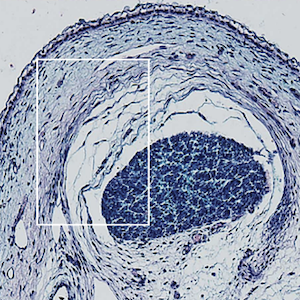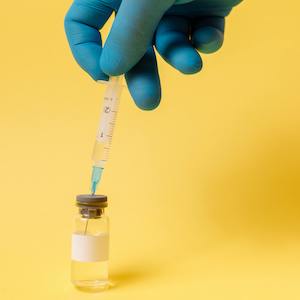Clinical profile of patients with lupus psychosis in a Colombian cohort

All claims expressed in this article are solely those of the authors and do not necessarily represent those of their affiliated organizations, or those of the publisher, the editors and the reviewers. Any product that may be evaluated in this article or claim that may be made by its manufacturer is not guaranteed or endorsed by the publisher.
Accepted: 15 May 2022
Authors
The objective of this study is to describe the frequency and the clinical, paraclinical, and treatment profile of patients with lupus psychosis in a Colombian cohort of patients with systemic lupus erythematosus (SLE). This retrospective cohort study evaluated epidemiological and clinical characteristics, results of neuroimaging, analysis of the cerebrospinal fluid, treatment, and disease evolution in patients with lupus psychosis. Among 2,479 patients with SLE, six female patients aged between 20 and 50 years with a diagnosis of lupus psychosis were identified. In two patients, psychosis was present at disease onset and in the other four, SLE was already present, although the majority of them were diagnosed less than two years prior to the onset of psychosis. The entire cohort had high disease activity as measured by SLEDAI-2K. We found concomitant cutaneous, joint, and hematological alterations. Cerebrospinal fluid data were obtained in half of the patients and were normal. We performed brain tomography on most of our patients, which was almost always described as normal. In 5 out of 6 patients, the induction therapy to treat psychosis was based on steroids, and in the majority of them, a resolution of psychiatric symptoms was observed after initiating treatment. Lupus psychosis is a rare event that usually occurs early in the course of the disease and is associated with other manifestations of SLE. This investigation mainly found concomitant cutaneous, joint, and hematological manifestations, with a favorable outcome after treatment, as described in the literature.
How to Cite

This work is licensed under a Creative Commons Attribution-NonCommercial 4.0 International License.











